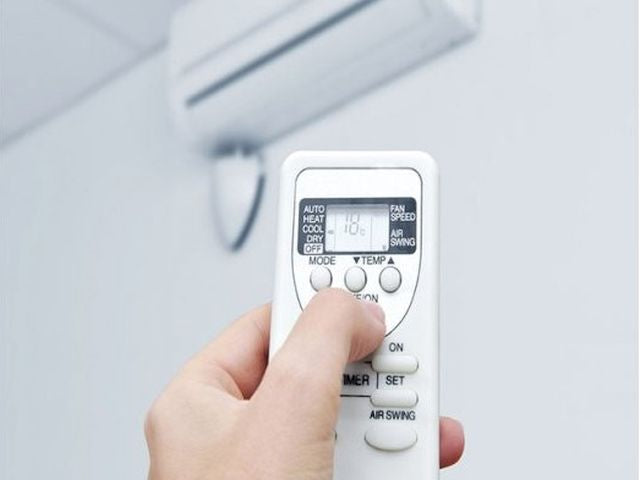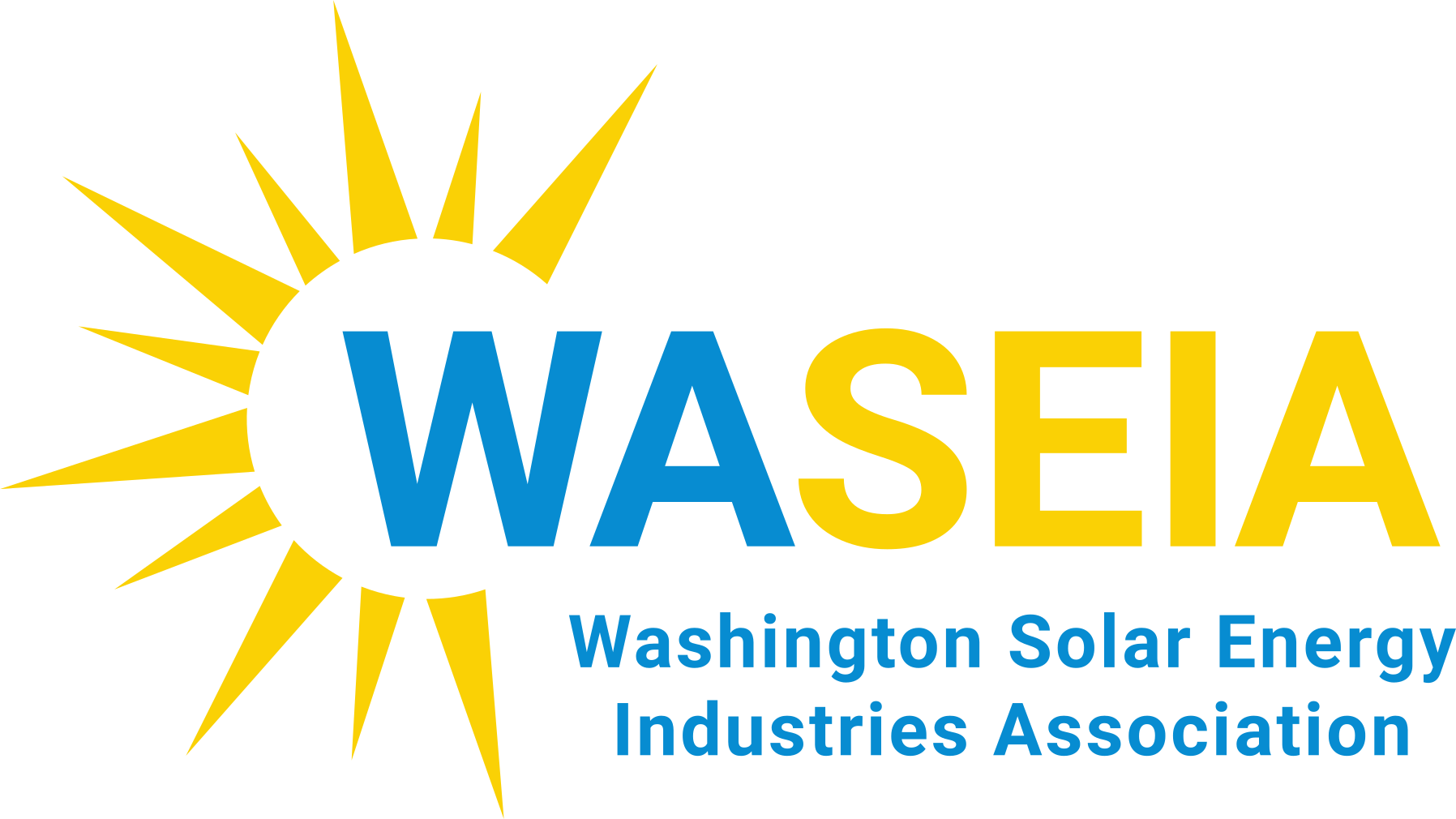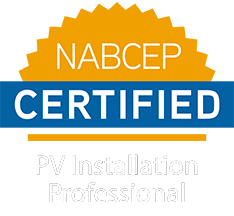Save on Summer Cooling with Home Solar

Homeowners in colder climates know that utility bills can be higher during the winter months, but with climate change many areas of the country have seen higher bills in the summertime as national temperature averages continue to rise and extreme weather events increase in frequency . During the hot summer months, central air conditioners consume nearly 5 times more energy as the next biggest offender, a home water heater:
- Central Air Conditioner (2 ton): 1450 kWh/month
- Water Heater (4 person household): 310 kWh/month
- Refrigerator (17-20 cubic foot): 205 kWh/month
- Dryer: 75 kWh/month
- Over Range: 58 kWh/month
- Lighting 4-5 room household: 50 kWh/month
- Dishwasher: 30 kWh/month
- Television: 27 kWh/month
- Microwave: 16 kWh/month
- Washing Machine: 9 kWh/month
Home Cooling: HVAC vs Air Conditioners
While we are huge proponents of deferring use of home cooling systems in favor of using home shading, strategic venting and fans - there are situations where their use is unavoidable for some homeowners. The most climate-friendly solution is to install a heat pump, professionally known as an HVAC system, which stands for heating, ventilation and air conditioning system. For heating, these systems are far more energy and cost efficient and climate-conscious than almost any other home heating mechanism, and are also more energy efficient for cooling than a central air conditioning unit. HVACs extract heat from (and move it to) different sources: air, water, or ground/flooring. For cooling, the hot air is removed from your home and cooled by a fan system before being redistributed. The initial cost to install an HVAC is higher - but seeing as they offer the most efficient and economic way of heating and cooling, the yearly savings in the long run offsets the initial cost. Another advantage to an HVAC based cooling system is that unlike central, window or portable air conditioners, they don’t malfunction when the outside temperature climbs more than 20 degrees above the internal temperature of the home. Traditional air conditioners work like your fridge, absorbing heat from air that passes over the coil, and the resulting cool air is moved into your ducts and through your home. The collected heat is expelled through an exhaust process. This older technology however uses a lot more of your home’s energy however and will cost you more during the hotter months of the year. If you are unable to install an HVAC however, just remember to purchase the most energy efficient AC unit possible, change your unit filters every three months, cool only rooms that are in use, and set your air conditioner temperatures above 70 degrees.
Air Filtration
Longer and more intense wildfire seasons across the nation and a gradual increase in air pollution in urban belts means that more and more people turn to air purifiers to keep the air quality in their homes healthy. Any air purifier has to run 24/7 to be as useful as possible and even at the lowest setting, the average energy consumption of even the best units can run from 50 up to 100 kilowatt hours per month. And when the temperatures are climbing and the air quality index is in the most unhealthy range, this can cause consumption spikes that add on significantly to energy costs already ballooning from the use of air conditioning units needed to keep homes cool while the windows are closed during air purification. It can be a bit of a vicious energy consumption cycle. When shopping for an air filtration unit, its important to carefully vet each one to make sure it is not only energy efficient, but that it works best for wildfire smoke. We recommend this recent Consumer Reports article rating the best air filtration units for wildfire smoke.
Home Solar Saves Energy & Money
A solar panel system harnesses the summertime power of the sun and puts it to work to save you money on your energy bills (among many other benefits) when you need it the most while you are cooling and filtering your home's air. This effect increases exponentially when a heat pump HVAC is connected to your home solar system. Moreover, when you generate your own electricity you not only save money by not using the utility company’s electricity, you decrease the overall strain on their grid- essentially not contributing to the demand that can cause summer electricity outages. And by having Sun Path Electric add a battery backup system to your solar panel system, even if the grid does go down during summer or extreme weather events you are not left without power (and your home will continue to enjoy cooler and healthier air).
If you have any more questions on home solar, Sun Path Electric's FAQ page is a great place to start. If you are ready to see if solar is a good fit for your home, we are happy to get that started for you.



